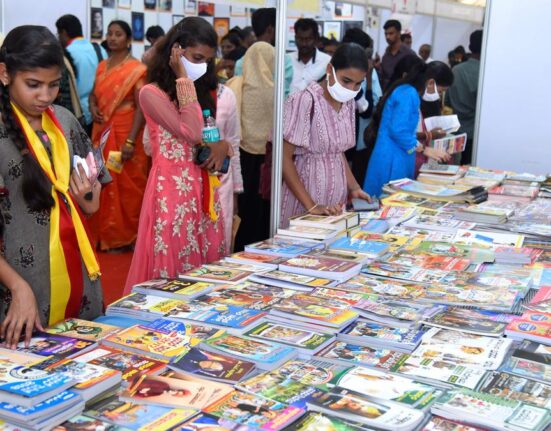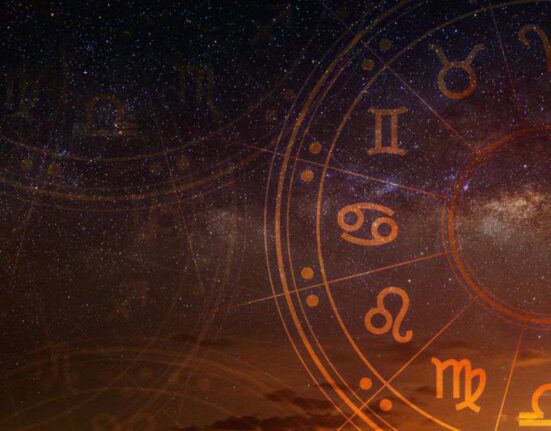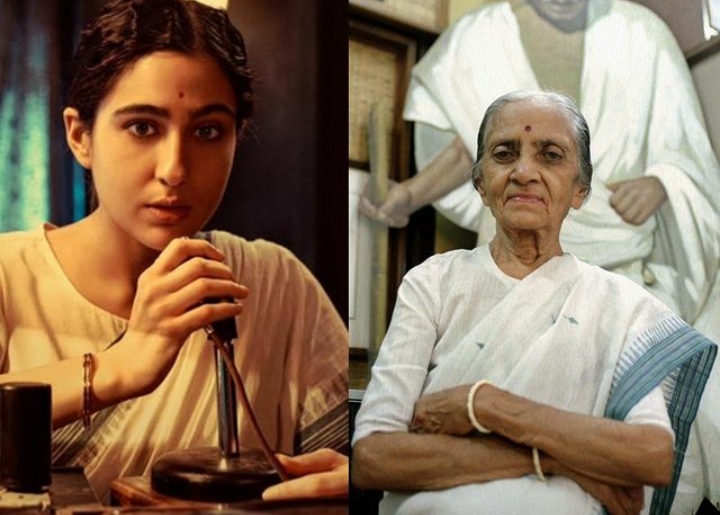In the annals of India’s fight for independence, the heroic tales of individuals often shine bright, standing as testaments to unwavering commitment and sacrifice. One such unsung hero is Usha Mehta, a remarkable woman whose fervor for freedom ignited a flame that resonated across the nation.
Born in 1920, Usha Mehta was merely 22 years old when she decided to dedicate her life to the cause of India’s independence. Her journey began with a resolute determination to challenge the oppressive British rule and contribute significantly to the nation’s struggle for freedom.
Usha’s involvement in the Quit India Movement of 1942 marked a pivotal moment in her activism. She, along with other young patriots, fervently advocated for an immediate end to British colonial rule. The slogan “Ae Watan Mere Watan” became not just a rallying cry but a reflection of the collective aspirations of a nation yearning for liberty.
One of Usha Mehta’s most notable contributions was her role in establishing the Secret Congress Radio in Bombay during the Quit India Movement. The clandestine radio station operated under the nose of the British authorities, broadcasting messages of hope, unity, and resistance. Usha’s fearless determination to disseminate information made her a key figure in the underground network, earning her the moniker “Nightingale of the Underground.”
Despite the risks and constant threat of discovery, Usha Mehta remained undeterred. Her courage inspired many others to join the cause, amplifying the reach and impact of the Secret Congress Radio. The clandestine broadcasts not only disseminated news about the ongoing struggle for independence but also served as a lifeline for a nation hungry for updates amid the suppression of information by the colonial rulers.
Usha Mehta’s unwavering commitment to the cause eventually led to her arrest in 1942. Even behind bars, she continued to embody the spirit of resistance, refusing to succumb to intimidation. Her resilience and dedication became emblematic of the indomitable spirit that fueled the freedom movement.
As India finally attained independence in 1947, Usha Mehta’s contributions faded into relative obscurity, overshadowed by more prominent figures in the history books. However, her story deserves to be celebrated and remembered—a testament to the countless unsung heroes who played pivotal roles in shaping the destiny of a nation.
“Ae Watan Mere Watan” encapsulates not only a patriotic anthem but also the echoes of a bygone era when individuals like Usha Mehta selflessly dedicated their youth to the pursuit of a free and sovereign India. In honoring her legacy, we acknowledge the collective sacrifices that paved the way for the independence we cherish today.












